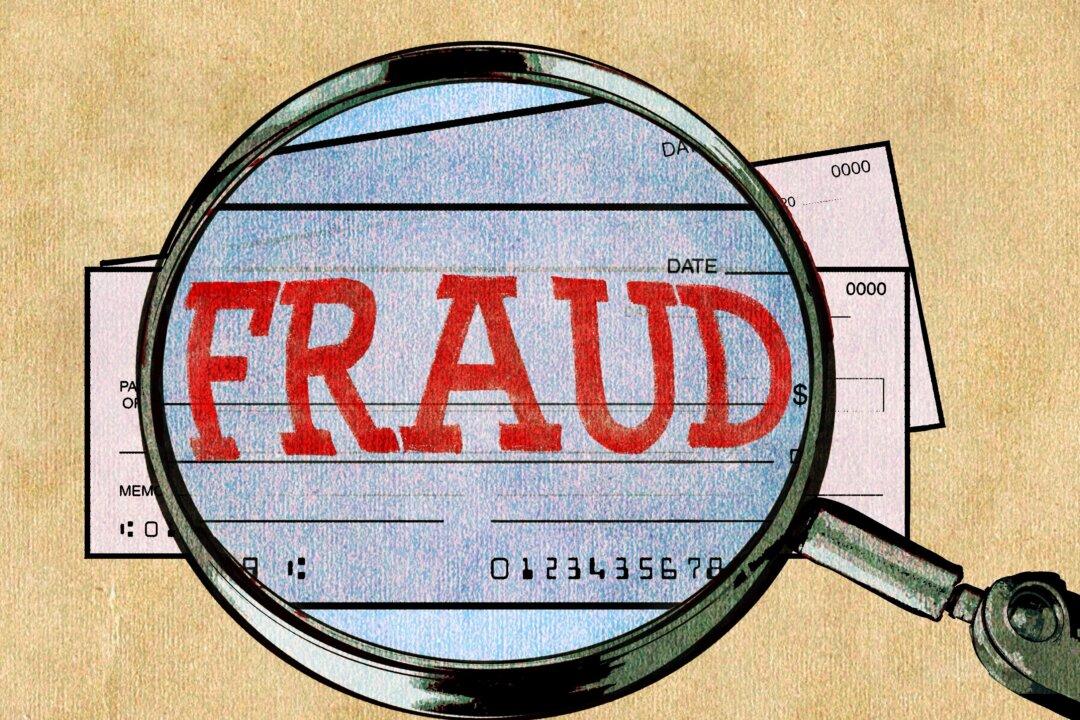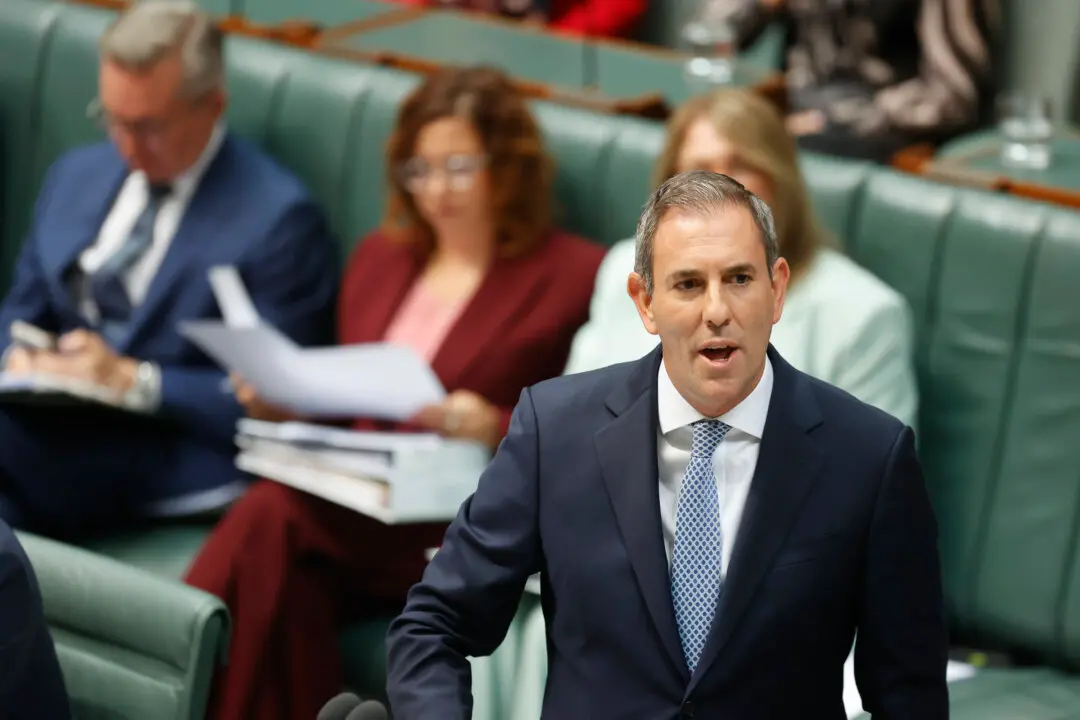Banks, social media platforms, and telecommunications companies will soon be held financially accountable for scam-related losses incurred by consumers if they are found responsible, under new government regulations.
In an address at the National Press Club on July 31, Assistant Treasurer Stephen Jones announced the government’s plan to implement codes that will enforce stricter obligations on all stakeholders—banks, telecommunications companies, and social media platforms—to assist consumers.





